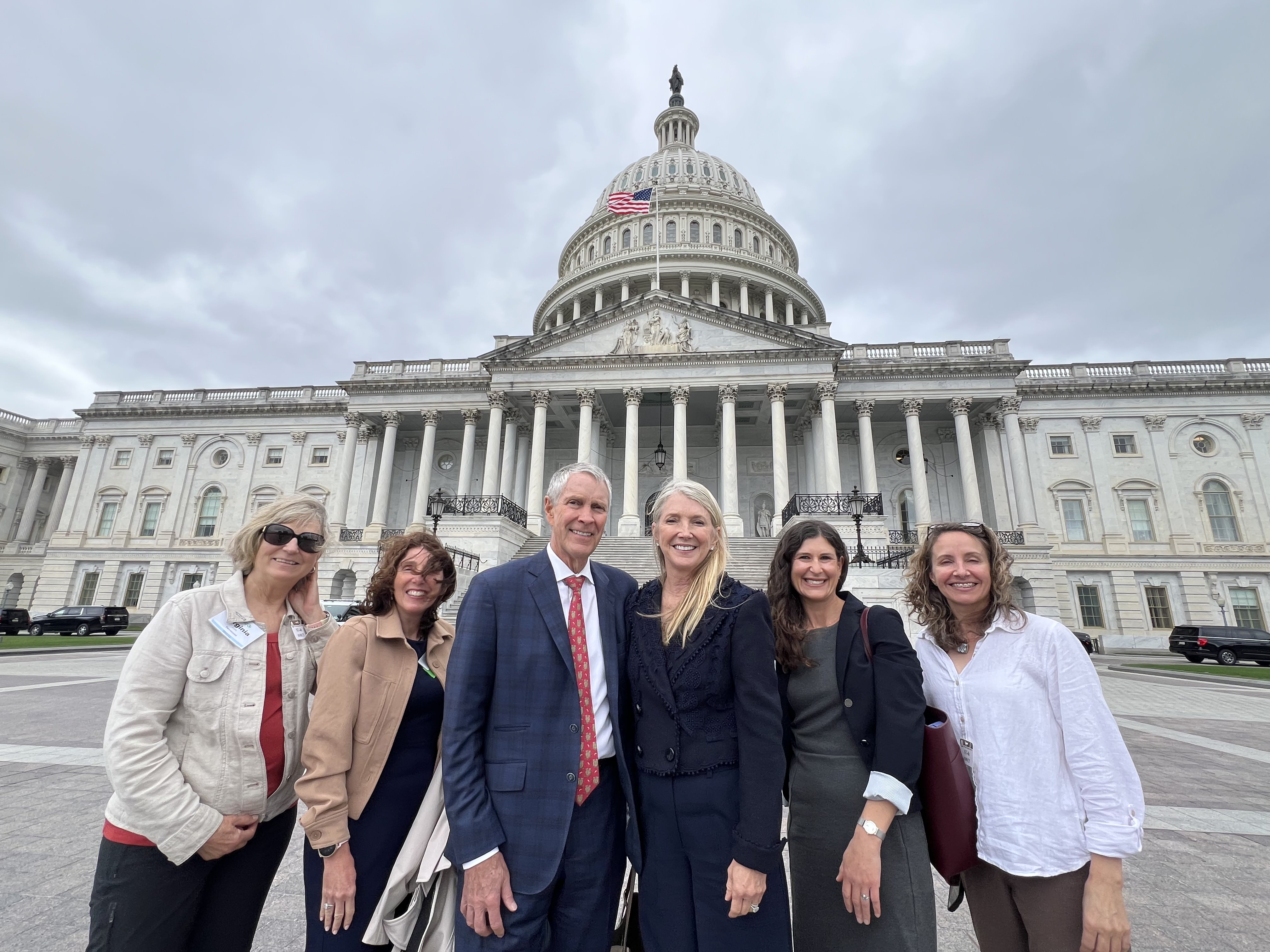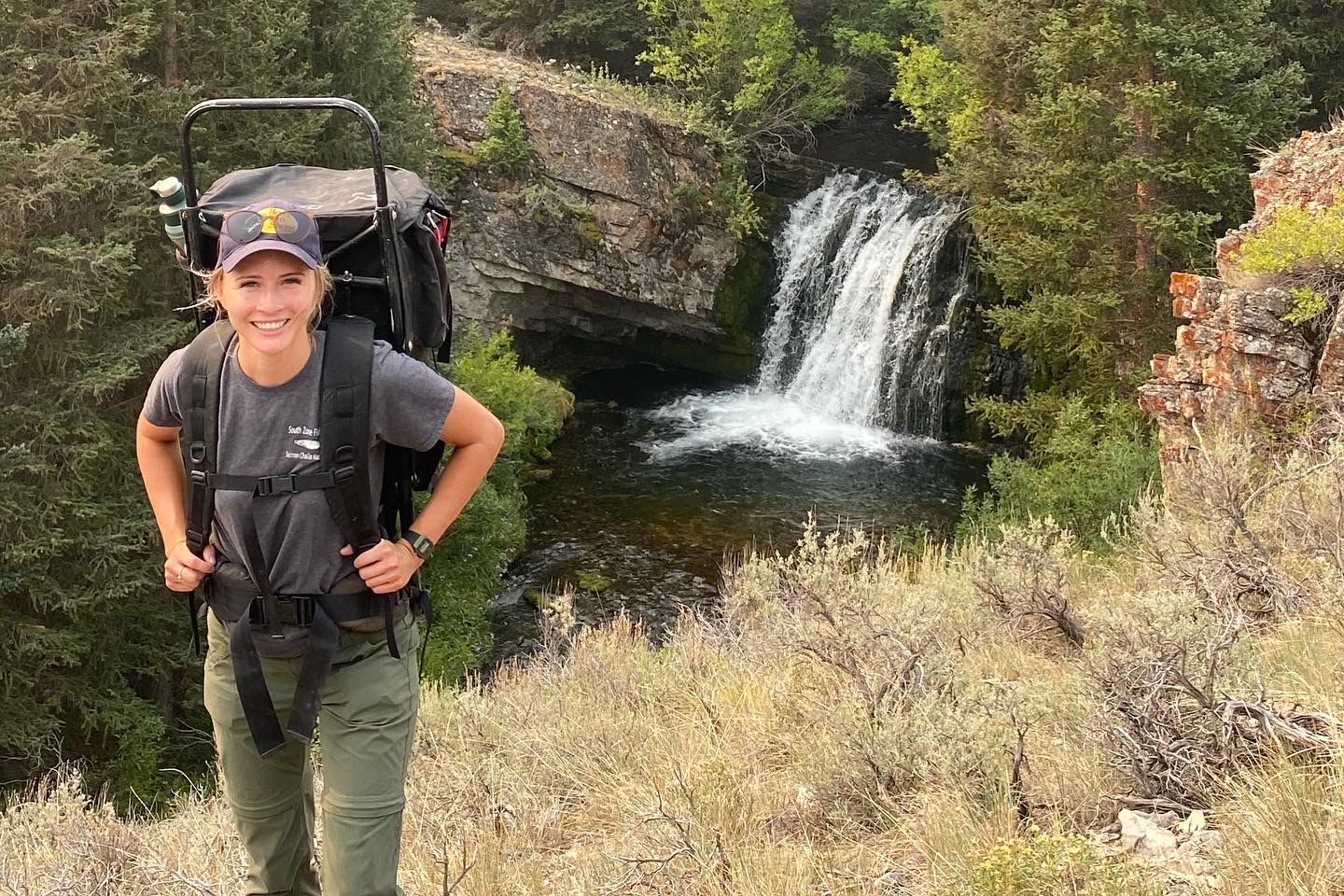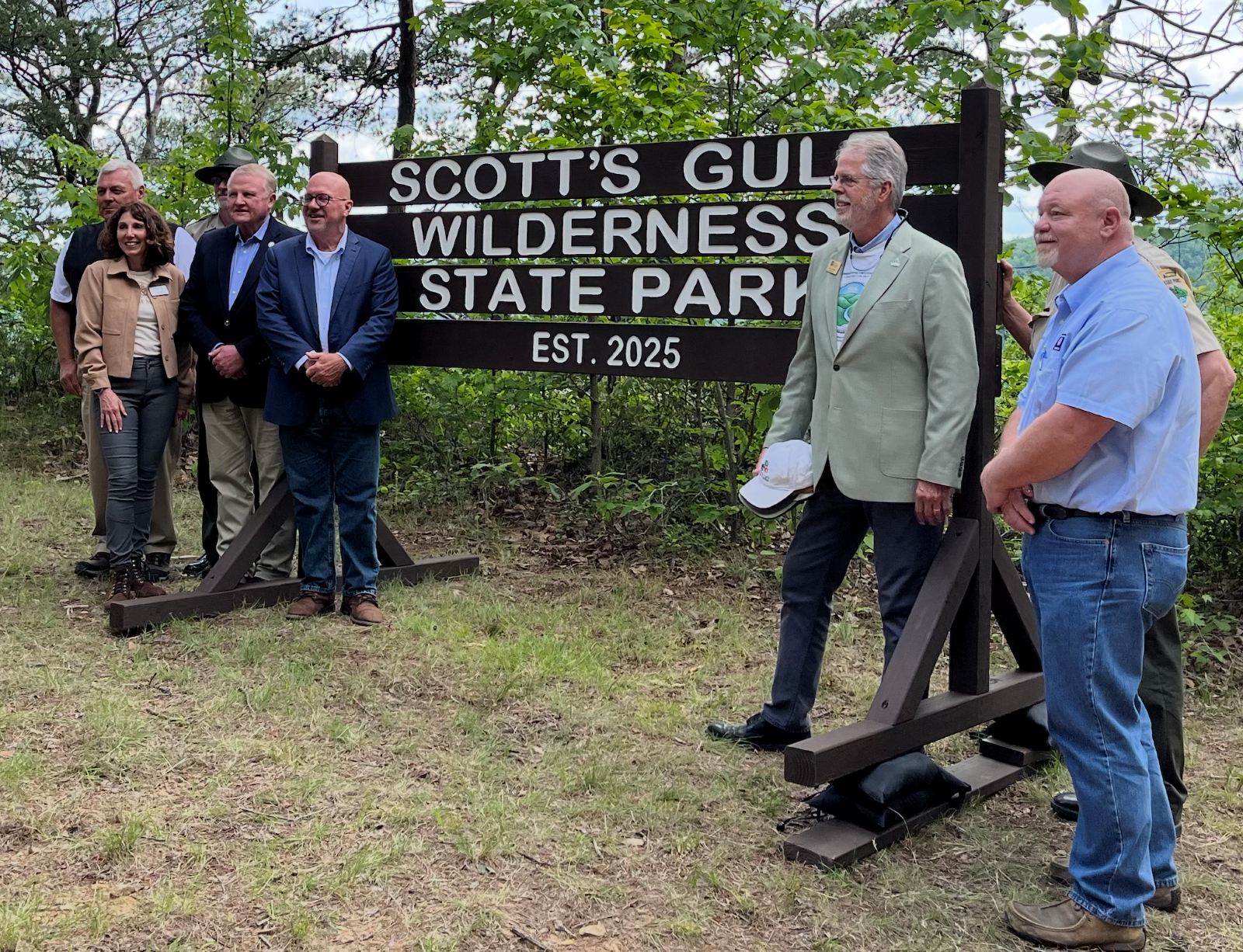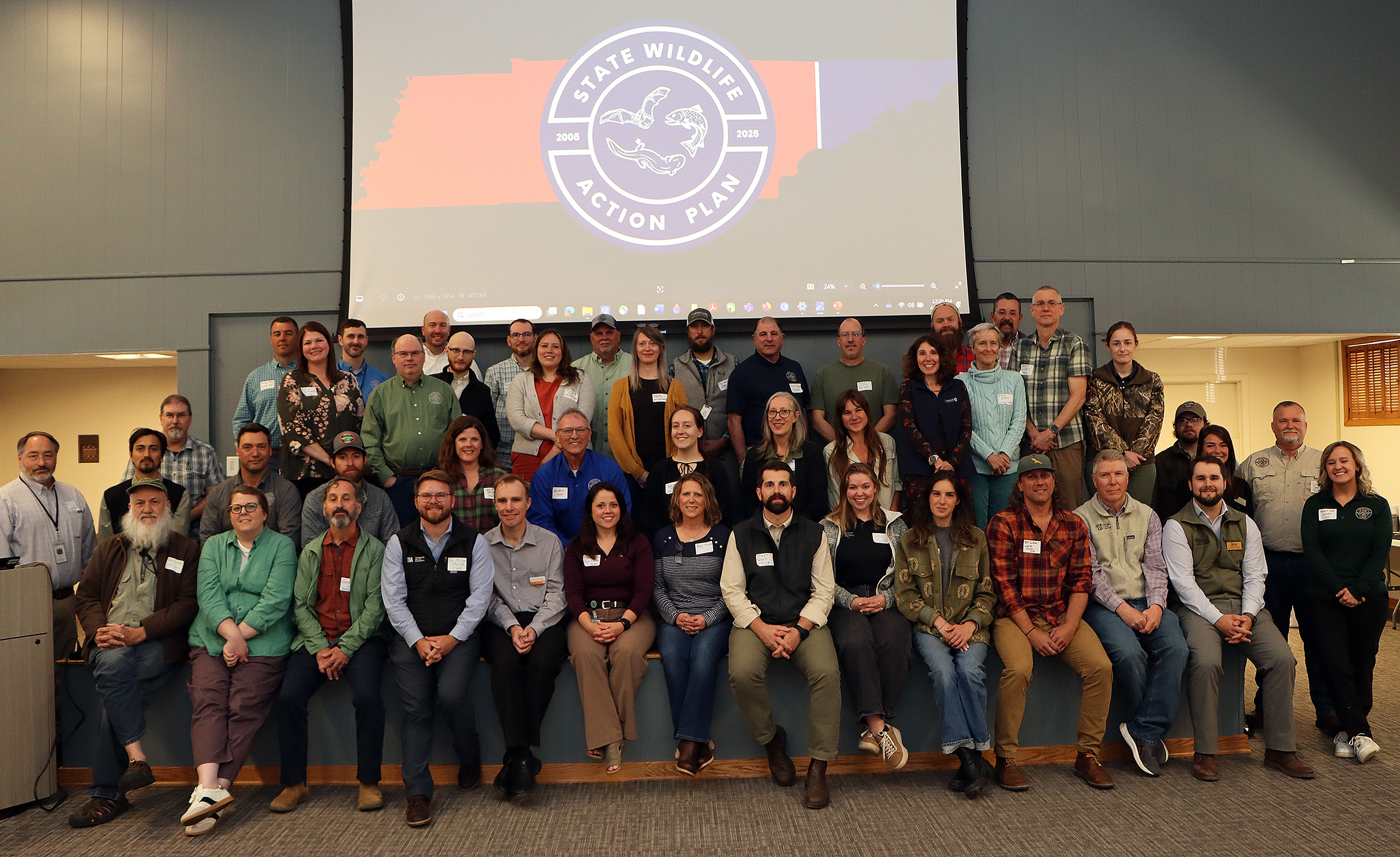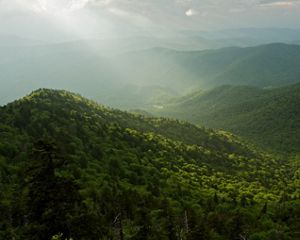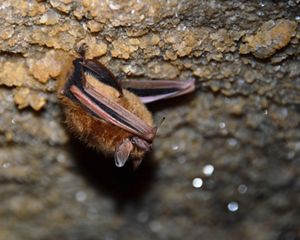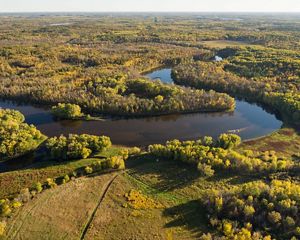Conservation News
We're pursuing ambitious goals in 2025.
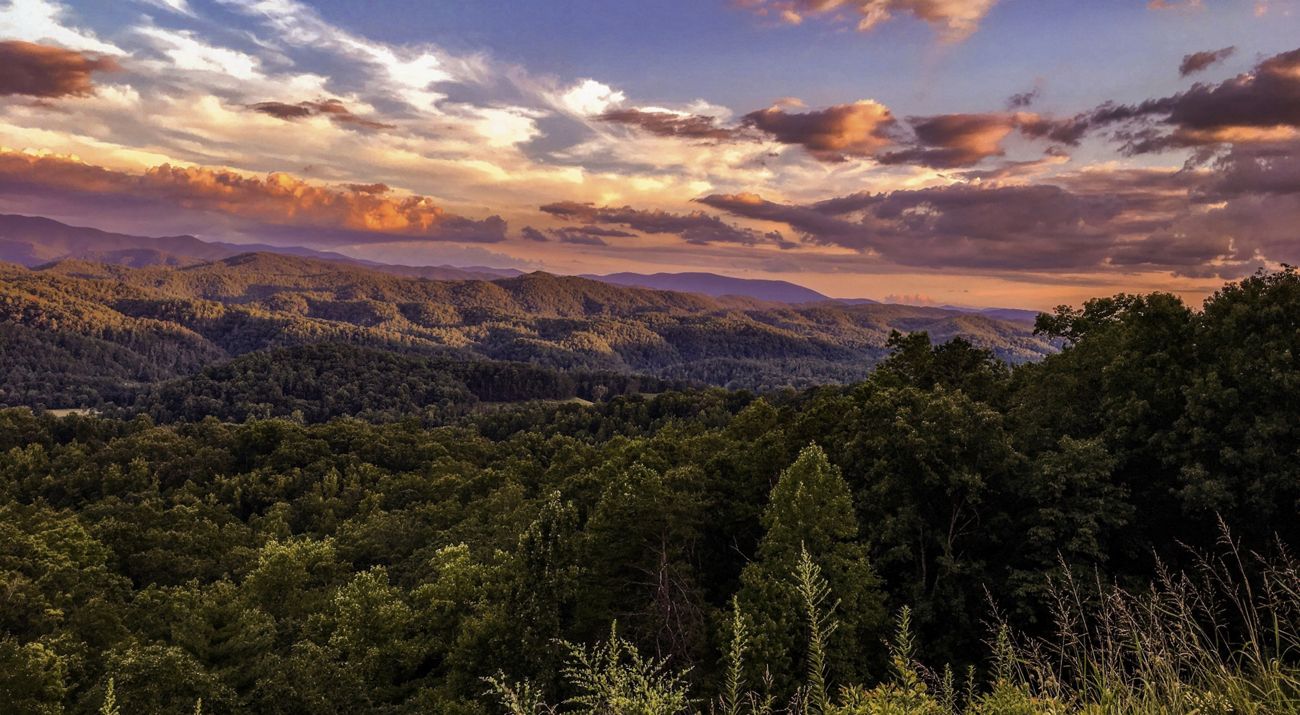
Welcome to our Conservation Newsroom. We hope you'll visit often to stay informed about conservation projects and big wins that we are reporting on from around Tennessee. Thanks for reading!

December 11, 2025
Welcoming Cole Webster to The Nature Conservancy Board
The Nature Conservancy in Tennessee is thrilled to welcome Cole Webster to its board of trustees. A lifelong resident of Chattanooga, Cole is President of The Barn Nursery, a family-owned garden center established in 1967. Under his leadership, The Barn Nursery has grown into a regional destination that blends horticulture, tourism, and local culture—connecting people with the beauty of plants and outdoor spaces.
Cole is deeply engaged in civic and philanthropic work. He serves on the board of Crabtree Farms and the Chattanooga/Hamilton County Sports Authority, following a term on the Planning Commission. As President of Lana’s Love Foundation, founded in memory of his sister, Lana, Cole helps provide joy and support to families facing childhood cancer—a mission that earned him the 2025 Dr. Headrick Distinguished Award from the American Cancer Society.
Cole and his wife, Gabby, live in Chattanooga and remain active in initiatives that strengthen their community. We are excited to have Cole bring his leadership and passion for service to our board, advancing our mission to protect Tennessee’s lands and waters for generations to come.

December 11, 2025
Welcoming George G. Leavell to the Natural Conservancy Board
The Nature Conservancy in Tennessee is proud to welcome George G. Leavell to its board of trustees. George serves as Chief Executive Officer of Wepfer Group, LLC (dba Wepfer Marine), headquartered in Memphis. Founded in 1972, Wepfer Marine operates harbor and fleeting services at nine locations along the Lower Mississippi, Ohio, and Tennessee Rivers, with additional services including trip towing, shipyard operations, fueling and marine salvage.
With decades of experience in the maritime industry, George has been a leader in advancing safe and efficient river operations. He currently serves as Vice Chairman of the Ohio Valley Region of the American Waterways Operators and sits on the Board of Directors for Waterways Council, Inc. His leadership roles also include Vice Chairman of the Inland Harbor and Fleeting Coalition and Chairman of the Harbor Sector for the Memphis Area Maritime Security Committee.
George’s commitment to waterways extends beyond business. He is a former board member of Living Lands & Waters and has served in numerous industry leadership positions focused on safety and sustainability. His expertise in river systems and navigation brings a valuable perspective to conservation efforts along Tennessee’s waterways.
We are excited to have George join our board and help advance our mission to protect the lands and waters that sustain us all.

December 11, 2025
Welcoming Jim Coleman Jr. to The Nature Conservancy Board
The Nature Conservancy in Tennessee is proud to welcome Jim Coleman Jr. to its board of trustees. Jim serves as President and Chief Executive Officer of Erlanger Health System, one of Tennessee’s largest and most comprehensive academic medical centers. Since his appointment in 2022, he has led Erlanger through a period of strategic growth and modernization, advancing its mission to deliver high-quality care to communities across the region.
With more than 25 years of executive leadership experience, Jim has guided health systems through transformative change. Prior to becoming CEO, he served as Chairman of Erlanger’s Board of Trustees, where he played a key role in the organization’s transition to an independent, private nonprofit, one of the most significant governance shifts in its history. His career spans leadership roles in both nonprofit and for-profit health systems throughout the Southeast, including positions with Alliant Management Services and HCA’s Parkridge Health System in Chattanooga.
A lifelong Tennessean originally from Cleveland, Jim holds a Bachelor of Science and an MBA in Finance from the University of Tennessee at Chattanooga. He and his wife, Amy, enjoy spending time outdoors with their rescue dog, Mona Lisa, embracing the natural beauty of East Tennessee.
We are excited to have Jim bring his leadership and passion for community to our board, helping advance our mission to protect Tennessee’s lands and waters for generations to come.
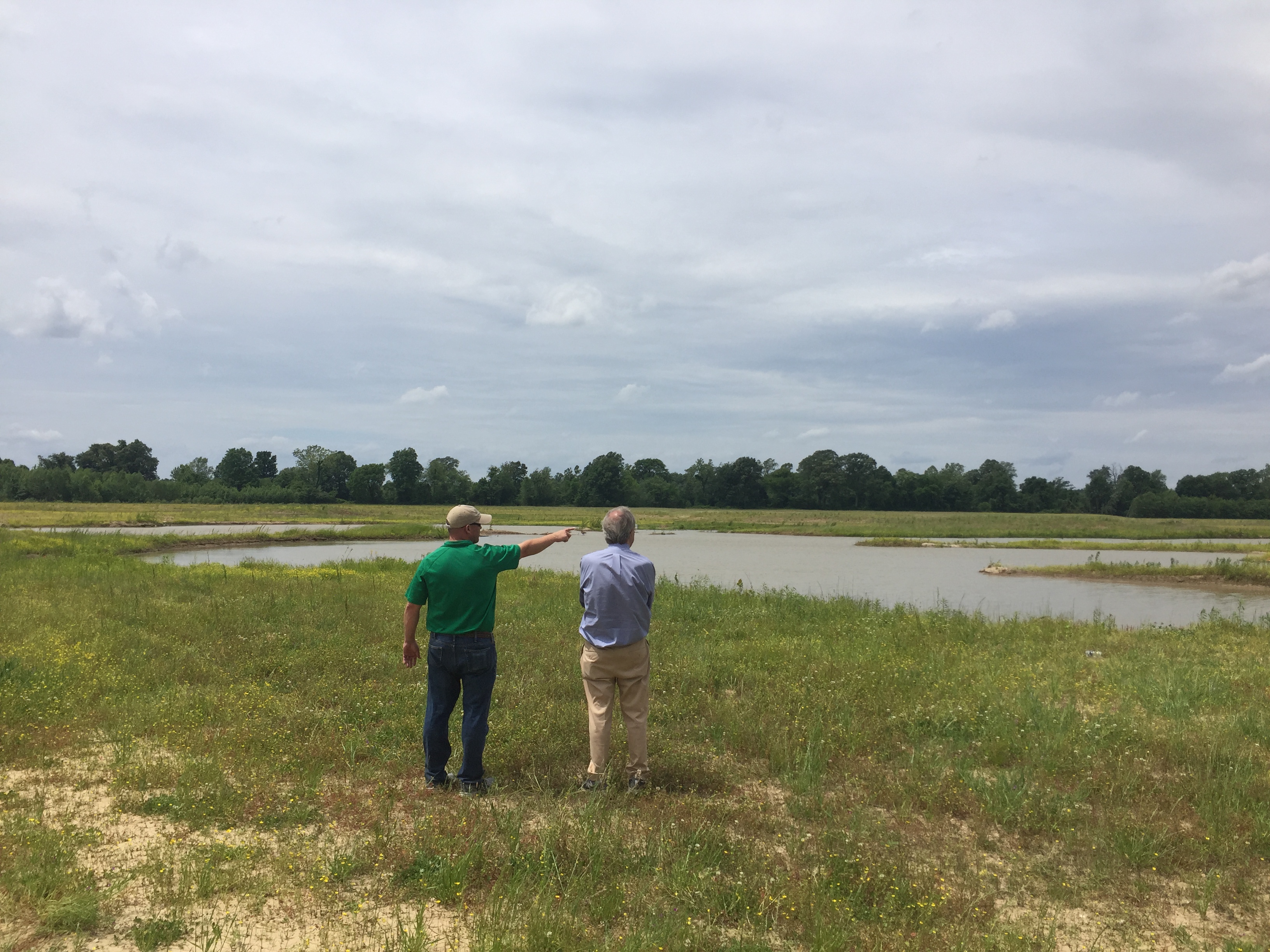
December 5, 2025
Depleted Farmland to Thriving Ecosystem
In 2015, TNC purchased more than 1,220 acres of farmland, enabling the creation of the 860-acre Middle Fork Bottoms State Park and providing a buffer for nearby communities. Alongside the Tennessee Wildlife Resources Agency and the West Tennessee River Basin Authority, we worked to restore natural floodplains, plant 250,000 hardwood trees and design the landscape to embrace flooding rather than resist it. Rob Bullard, our director of Freshwater Programs, described the project as a demonstration model—showing how floodplains can improve water quality, reduce erosion, recharge aquifers and provide recreational and educational opportunities.
This initiative not only revitalized local ecology but also became a blueprint for similar restoration projects across West Tennessee, Western Kentucky and Eastern Arkansas.

November 1, 2025
Welcoming Rafael Calderón to The Nature Conservancy Board
The Nature Conservancy in Tennessee is proud to welcome Rafael Calderón to its board of trustees. Rafael is an entrepreneur and investor with a wide-ranging career in corporate leadership, private equity, and international business. He is the founder of The Design House LLC, a Nashville-based company that imports home décor products to major U.S. retailers.
Rafael earned his bachelor’s degree in business and economics from Boston University and later received his MBA from Harvard University. His early career included key roles in corporate restructuring and acquisitions, culminating in his position as President of the Home Décor Division at Lifetime Brands Inc. before relocating to Tennessee to launch his own business.
He has served on the board of Franklin Road Academy and actively invests in startups and real estate developments in the U.S. and Costa Rica. Rafael enjoys hiking, boating, and traveling with his wife Karla and their three children, and is a passionate supporter of the Costa Rican National Soccer Team. We are excited to welcome Rafael’s entrepreneurial insight and leadership experience to our board, as we work together to protect Tennessee’s natural landscapes for generations to come.
